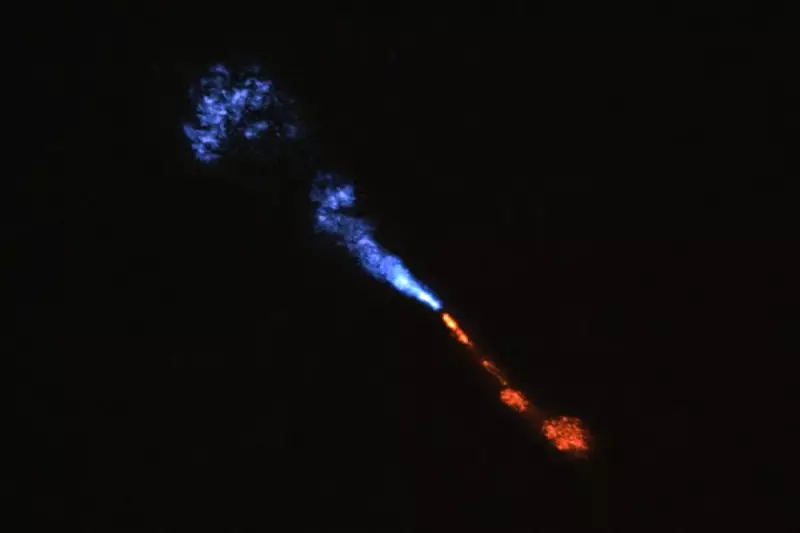
In a groundbreaking discovery, researchers have found that Earth's inner core has begun to slow its rotation relative to the planet's surface. This seismic shift, detected by scientists at the University of Chicago, could have far-reaching consequences for our understanding of planetary dynamics.
The Hidden Heartbeat of Our Planet
The inner core, a solid iron-nickel sphere roughly the size of Pluto, has long fascinated scientists. Suspended within Earth's molten outer core, this mysterious realm plays a crucial role in generating our planet's magnetic field and maintaining conditions suitable for life.
Decades of Data Reveal Surprising Trend
By analyzing seismic waves from repeating earthquakes over the past 40 years, the research team detected subtle changes in wave patterns. These variations suggest the inner core's rotation has decelerated significantly compared to Earth's mantle and crust.
Potential Impacts on Surface Life
While the effects might seem subtle, this change could:
- Alter the length of Earth's days by fractions of a second
- Influence patterns of seismic and volcanic activity
- Affect the planet's magnetic field over geological timescales
The findings, published in the journal Nature, challenge previous assumptions about the inner core's consistent rotation. 'We're seeing compelling evidence that the inner core's motion isn't as steady as we once believed,' explained the study's lead author.
This research opens new avenues for understanding Earth's deep interior and its complex interactions with surface phenomena. As scientists continue to monitor these changes, we may gain unprecedented insights into our planet's past and future evolution.





